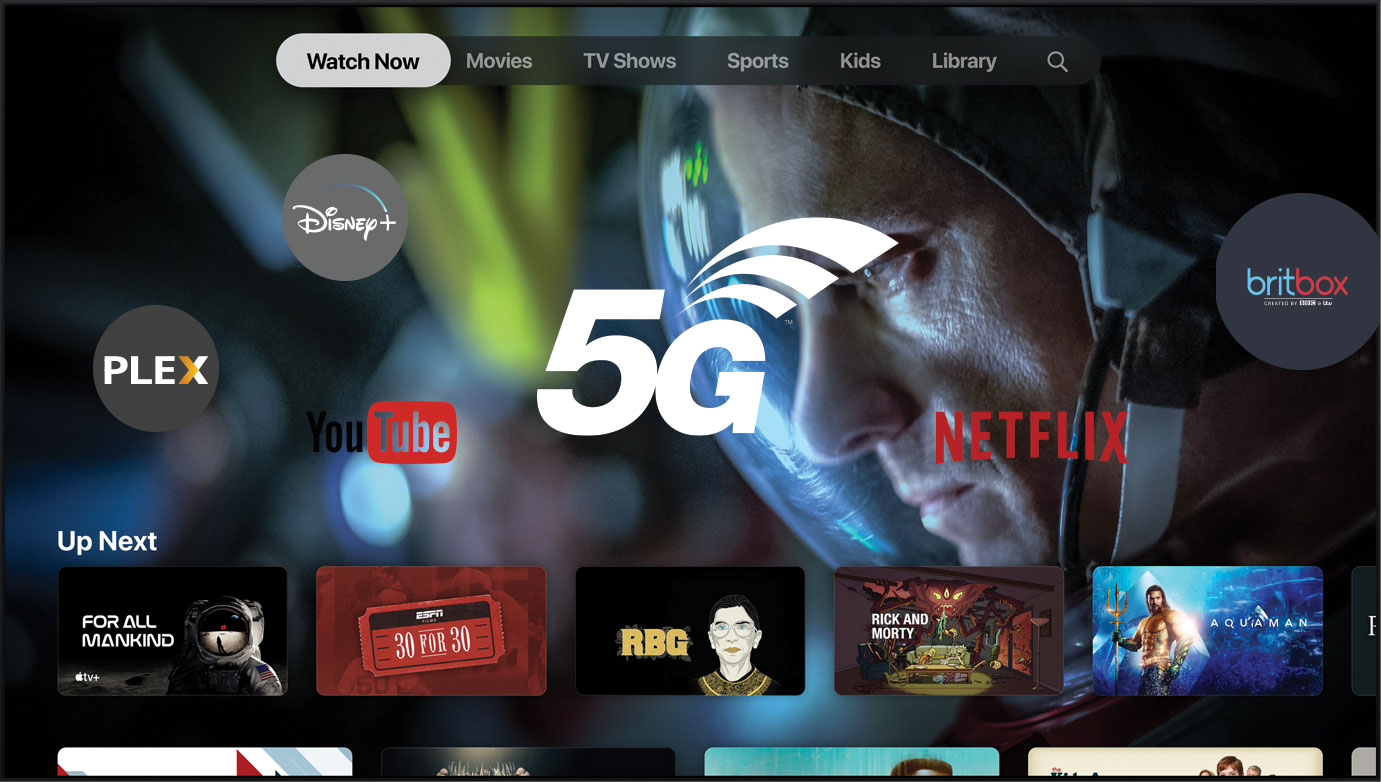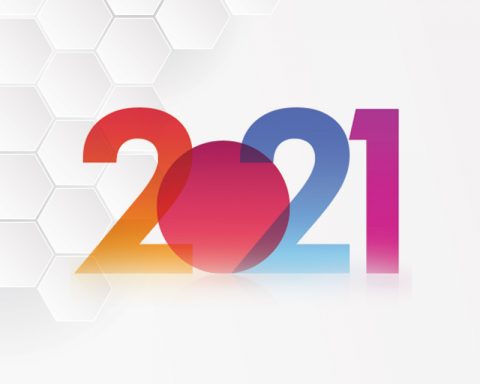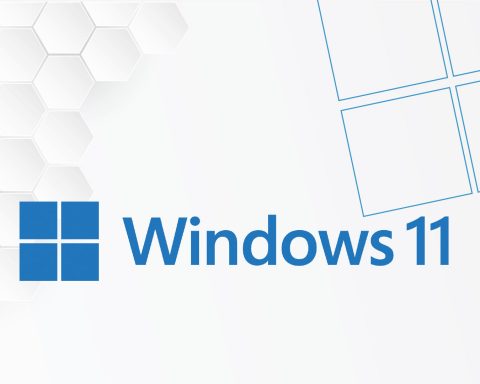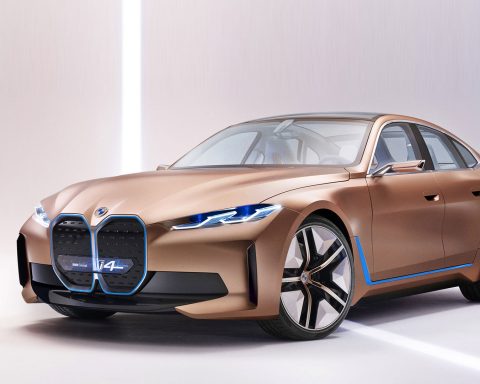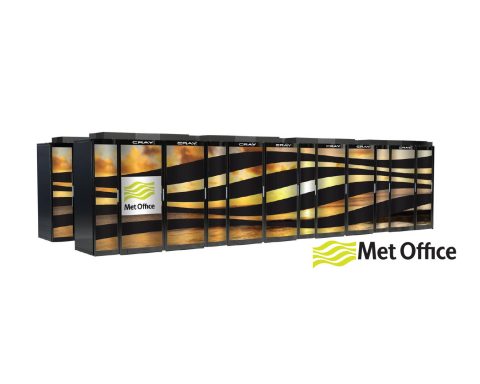2019 was a good year for consumer technology and the wider tech space. Smartphones became smarter and faster and Moore’s Law lost pace with reality. Gadgets in your hand or even something as simple as a lightbulb, now pack more power than possibly imagined even only 5 years ago.
CES is the yearly event that showcases many tech companies’ latest products, services and innovations. Some of these go on to be amazing successes, but others can fade away from public view even if they seemed to be a great idea at the time – Microsoft’s touch-screen coffee table, for example.
This year one of the main themes will be 5G and its integration into chips. Qualcomm will lead the way on this as Intel recently sold its entire modem division to Apple. Expect something from Cupertino later in the year, possibly even embedded on Apple’s own A series chips rather than a standalone unit.
The actually rollout of 5G, however, has also been problematic. Fears over mast security using Huawei gear has limited its adoption, with Vodafone leading the way in the UK, but only on a city-by-city basis.
5G is not just another fast version of mobile data. It can also handle digital TV and radio signals. It could be a game changer for remote areas, starved of broadband, around the world. It could also be the catalyst for retiring standards like DAB/DAB+ in radios.
Last year, Samsung made a splash with the 8K televisions it had in its product pipeline. Unfortunately, outside specialist natural history programming, not much content has been made to take advantage of the incredible definition 8K has to offer. Perhaps 2020 will be different, fuelled by sports events – the Olympics and Euro 2020 – but without an overall 8K offering, spearheaded by the likes of the BBC, such HDTV is likely to take another couple of years to breakthrough into the mainstream.
Talking of streaming, 2020 will be the first year that a varied, high quality choice of TV streaming services has become available. There has been a degree of consolidation, and juggling of licensing rights as some shows get removed from third parties, like Netflix, and find themselves exclusively on parent networks.
Disney+ is the big one, but in Gibraltar we await working out which IP law using the service would fall under. Brexit will possibly add further uncertainty since UK (and therefore Gib) IP law is aligned with EU law, for now.
Plex is a hybrid streaming service that looks and acts like Netflix, but using your own media library across a network. What’s interesting, is that it now offers a limited catalogue of TV shows and films for free, of varying quality. It requires a payment to unlock all the home network features, but the Plex Pass is a one-off cost. This is a downside of the streaming revolution – subscriptions are required across multiple services and free trials can very quickly end up as £200+ a year bills.
Gaming is normally also another big draw for CES. This year is the build up for the next-gen PlayStation and Xbox. Both are scheduled for release at the end of the year, and both offer resolutions of up to 8K. This could be one of the factors that aids 8K TV adoption, as hinted earlier.
There are, of course, many other categories and vendors at CES – including transportation and photography – but without seeing the nitty gritty it’s difficult to even attempt to predict new trends.
We’ll have a round-up of some of the best new gear, next issue.

